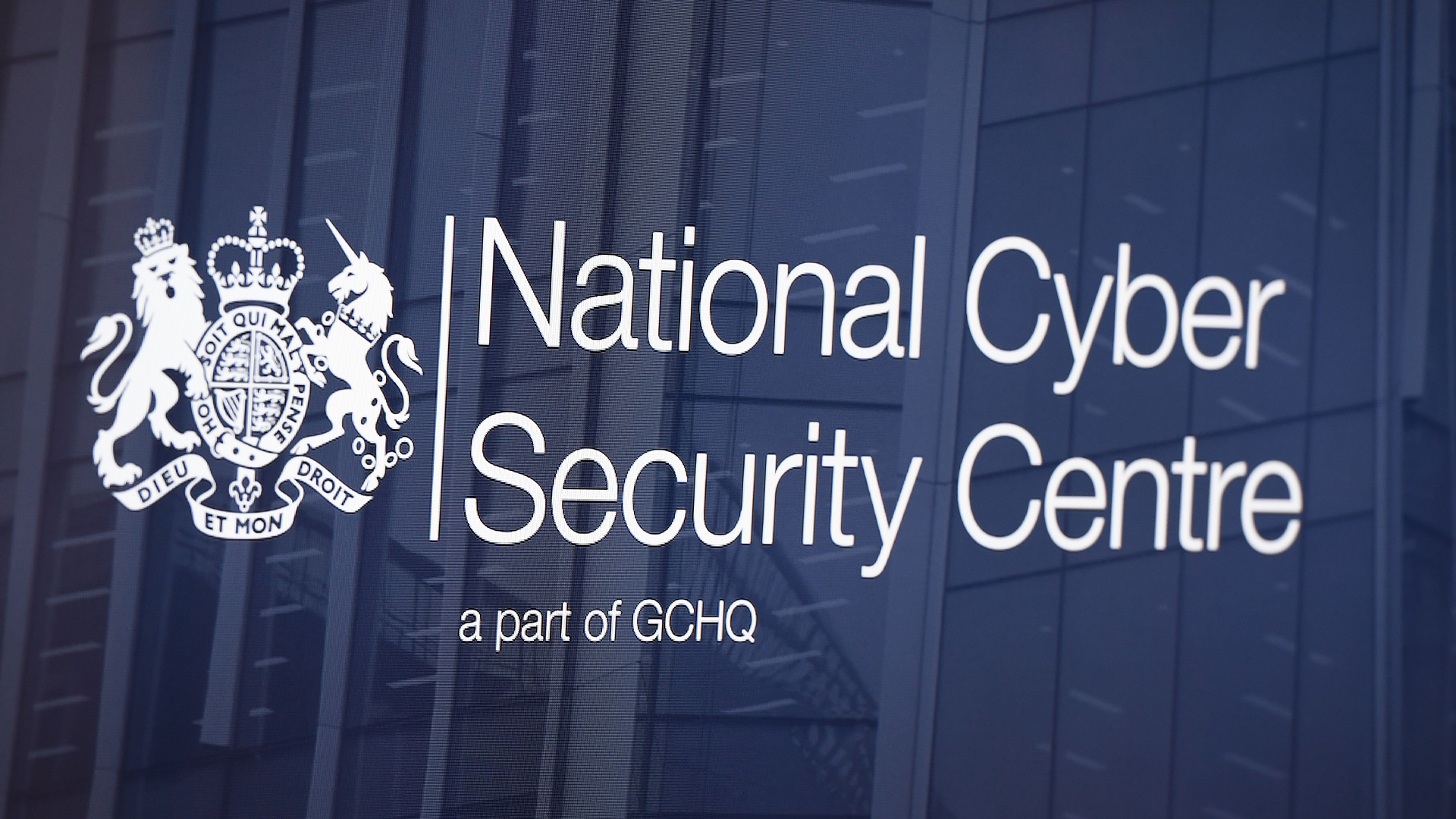Hackers are disguising malware as ChatGPT, Microsoft Office, and Google Drive to dupe workers
Beware of downloading applications like ChatGPT, Microsoft Office applications, and Google Drive through search engines

Sign up today and you will receive a free copy of our Future Focus 2025 report - the leading guidance on AI, cybersecurity and other IT challenges as per 700+ senior executives
You are now subscribed
Your newsletter sign-up was successful
Small and medium-sized businesses (SMBs) across Europe and North, West, and Central Africa are being targeted by malware masquerading as legitimate tools.
According to Kaspersky, cyber criminals are disguising malware and potentially unwanted applications (PUAs) as trusted tools such as ChatGPT, Microsoft Office applications ,and Google Drive.
Between January and April this year, Austria, Italy, and Germany were among the hardest hit countries in Europe, with the campaign accelerating at pace.
30% off Keeper Security's Business Starter and Business plans
Keeper Security is trusted and valued by thousands of businesses and millions of employees. Why not join them and protect your most important assets while taking advantage of this special offer?
Austria accounted for 40% of all detected cases in which PUAs and malware mimicked legitimate brands, followed by Italy at 25%, Germany at 11%, and Spain (10%). Meanwhile, in Africa, Morocco topped the list, with 41% of all detected PUAs.
The most common threats affecting SMBs in Europe included backdoors (24%), Trojans (17%), and not-a-virus:Downloaders (16%). All of these are designed to infiltrate networks without raising suspicion, Kaspersky noted.
In Africa, not-a-virus: Downloaders dominated (55%), followed by DangerousObjects (14%) and Trojans (13%).
“Small businesses face enterprise-level threats, often with startup-level budgets," said Marc Rivero, lead security researcher at the Global Research and Analysis Team (GreAT) at Kaspersky. “The key is knowing where to focus their limited resources for maximum protection."
Sign up today and you will receive a free copy of our Future Focus 2025 report - the leading guidance on AI, cybersecurity and other IT challenges as per 700+ senior executives
Kaspersky said these growing threats highlight the need for more robust employee awareness training. Enabling staff to spot the telltale signs of cyber criminal activity is crucial to preventing disaster.
The company also advised enforcing strong authentication and authorization with strict password policies and multi-factor authentication (MFA), regularly updating software and patching vulnerabilities.
Meanwhile, organizations should carry out regular training sessions, focusing on safe email practices, secure password management, recognizing phishing attempts, and the proper handling of sensitive data.
All software should come from official sources – not via search engines – and be installed centrally by the IT team to prevent hidden threats. Similarly, clear access rules should be set for emails, shared folders, and online services, with user activity monitored and access revoked promptly when employees leave the company.
"The best defense against sophisticated malware isn't the most expensive tool - it's understanding how attackers think and closing the doors they're looking for,” said Rivero.
Make sure to follow ITPro on Google News to keep tabs on all our latest news, analysis, and reviews.
MORE FROM ITPRO
- Warning issued as Pakistan-based malware group hits millions globally
- The best malware removal tools 2025
- What is Malware as a Service and why should businesses take note?
Emma Woollacott is a freelance journalist writing for publications including the BBC, Private Eye, Forbes, Raconteur and specialist technology titles.
-
 Notepad++ hackers remained undetected and pushed malicious updates for six months – here’s who’s responsible, how they did it, and how to check if you’ve been affected
Notepad++ hackers remained undetected and pushed malicious updates for six months – here’s who’s responsible, how they did it, and how to check if you’ve been affectedNews Hackers remained undetected for months and distributed malicious updates to Notepad++ users after breaching the text editor software – here's how to check if you've been affected.
-
 CISA’s interim chief uploaded sensitive documents to a public version of ChatGPT – security experts explain why you should never do that
CISA’s interim chief uploaded sensitive documents to a public version of ChatGPT – security experts explain why you should never do thatNews The incident at CISA raises yet more concerns about the rise of ‘shadow AI’ and data protection risks
-
 Former Google engineer convicted of economic espionage after stealing thousands of secret AI, supercomputing documents
Former Google engineer convicted of economic espionage after stealing thousands of secret AI, supercomputing documentsNews Linwei Ding told Chinese investors he could build a world-class supercomputer
-
 90% of companies are woefully unprepared for quantum security threats – analysts say they need to get a move on
90% of companies are woefully unprepared for quantum security threats – analysts say they need to get a move onNews Quantum security threats are coming, but a Bain & Company survey shows systems aren't yet in place to prevent widespread chaos
-
 LastPass issues alert as customers targeted in new phishing campaign
LastPass issues alert as customers targeted in new phishing campaignNews LastPass has urged customers to be on the alert for phishing emails amidst an ongoing scam campaign that encourages users to backup vaults.
-
 NCSC names and shames pro-Russia hacktivist group amid escalating DDoS attacks on UK public services
NCSC names and shames pro-Russia hacktivist group amid escalating DDoS attacks on UK public servicesNews Russia-linked hacktivists are increasingly trying to cause chaos for UK organizations
-
 An AWS CodeBuild vulnerability could’ve caused supply chain chaos – luckily a fix was applied before disaster struck
An AWS CodeBuild vulnerability could’ve caused supply chain chaos – luckily a fix was applied before disaster struckNews A single misconfiguration could have allowed attackers to inject malicious code to launch a platform-wide compromise
-
 There’s a dangerous new ransomware variant on the block – and cyber experts warn it’s flying under the radar
There’s a dangerous new ransomware variant on the block – and cyber experts warn it’s flying under the radarNews The new DeadLock ransomware family is taking off in the wild, researchers warn



